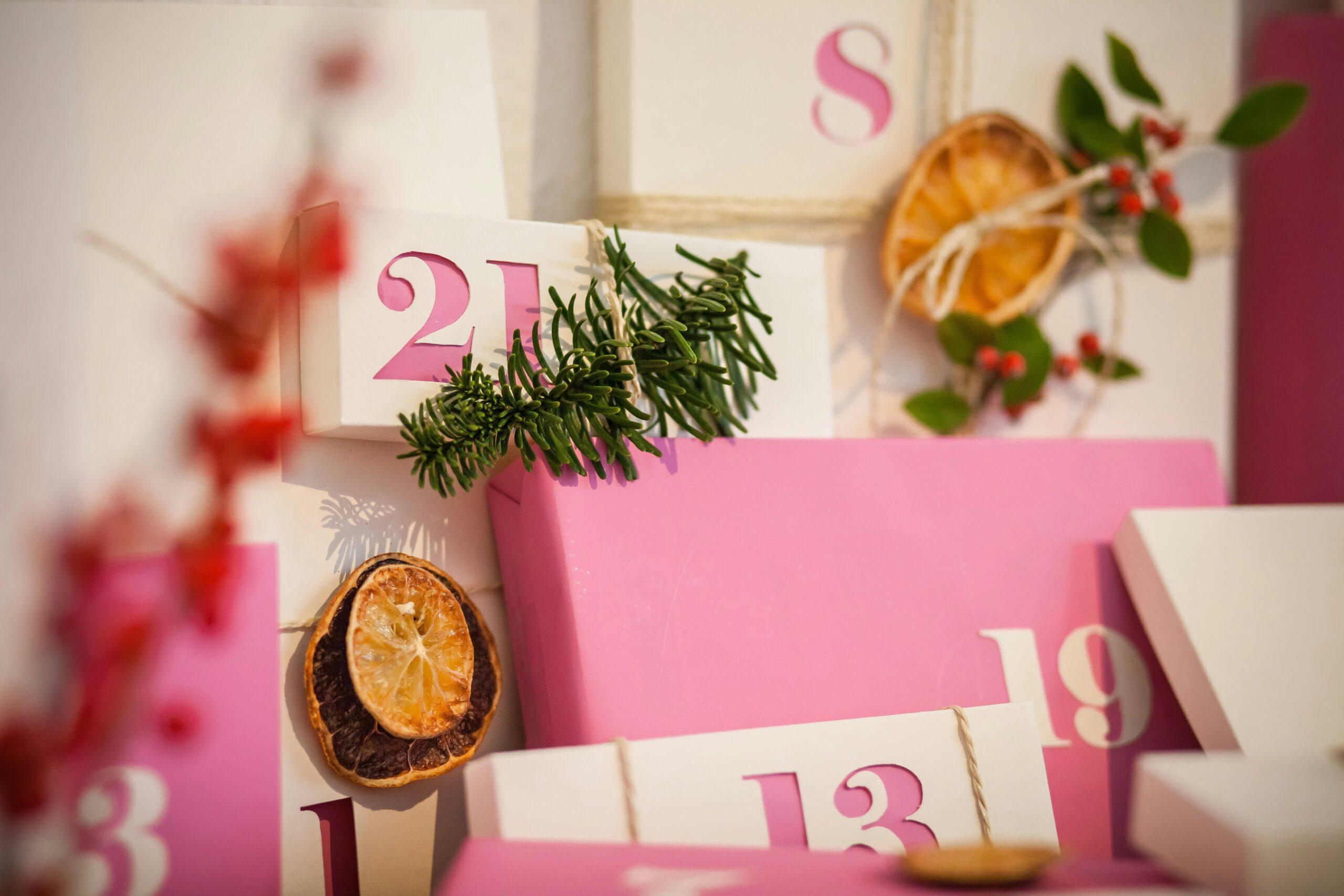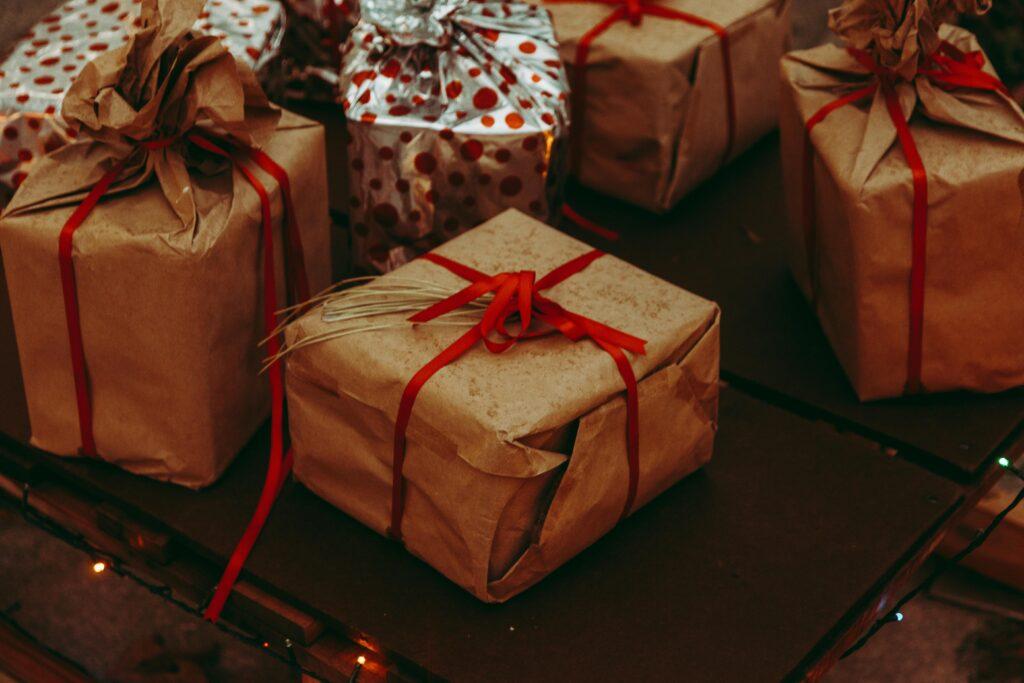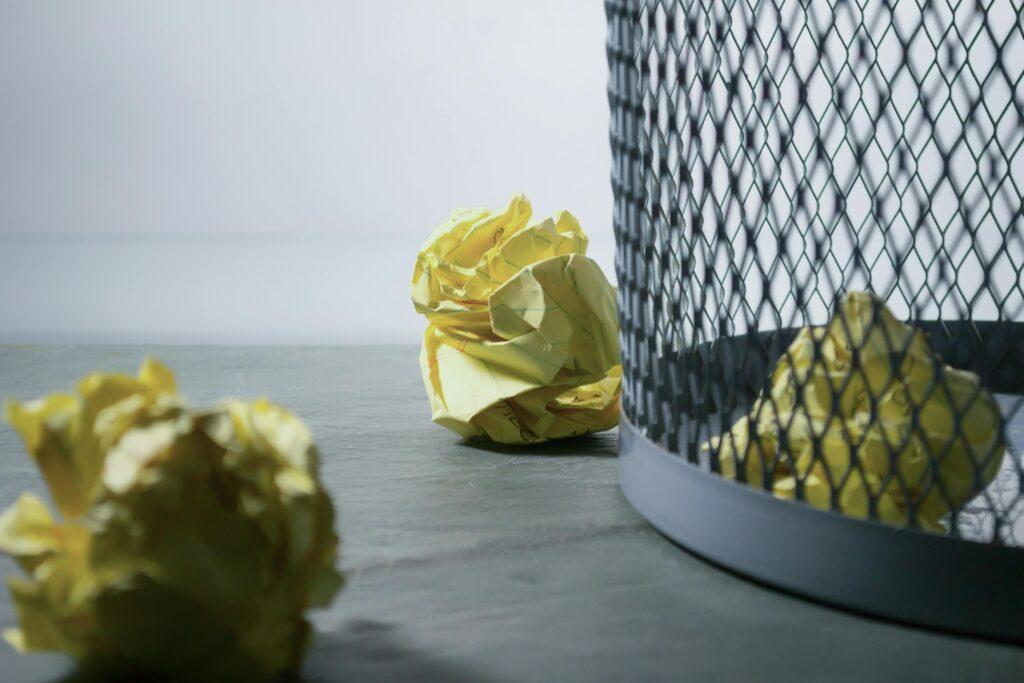Ever stared at a sea of plastic-wrapped bouquets and thought, “Is this really what love looks like?” If you’re nodding along, you’re not alone. The beauty industry is finally waking up to an eco-conscious revolution, and organic flowers are stealing the spotlight as the ultimate green gifts. But why should we care about *how* our flowers are grown?
Table of Contents
- Key Takeaways
- Why Organic Flowers Matter
- How to Choose the Perfect Green Gift
- Tips for Buying Organic Flowers
- Case Study: Organic Flowers in Action
- FAQs About Green Gifts
Key Takeaways
- Green gifts like organic flowers promote sustainability and support ethical farming practices.
- Certified organic flowers are free from harmful pesticides, making them safer for you and the planet.
- Choosing eco-conscious gifts can strengthen relationships by showing thoughtfulness and care.
- Beware of misleading labels—some “eco-friendly” products may not be as green as they seem.
Why Do Organic Flowers Matter?
“It’s just a bouquet,” I once said, naively ordering a dozen roses online without checking where they came from. Two days later, I noticed the label: “Grown with chemical fertilizers.” My heart sank. Was my gesture of love unintentionally harming the environment?
Here’s the truth: Conventional flower farming often involves toxic pesticides that harm soil health, pollute waterways, and endanger workers. It’s enough to make anyone reconsider their choices. That’s why organic flowers are such a game-changer.
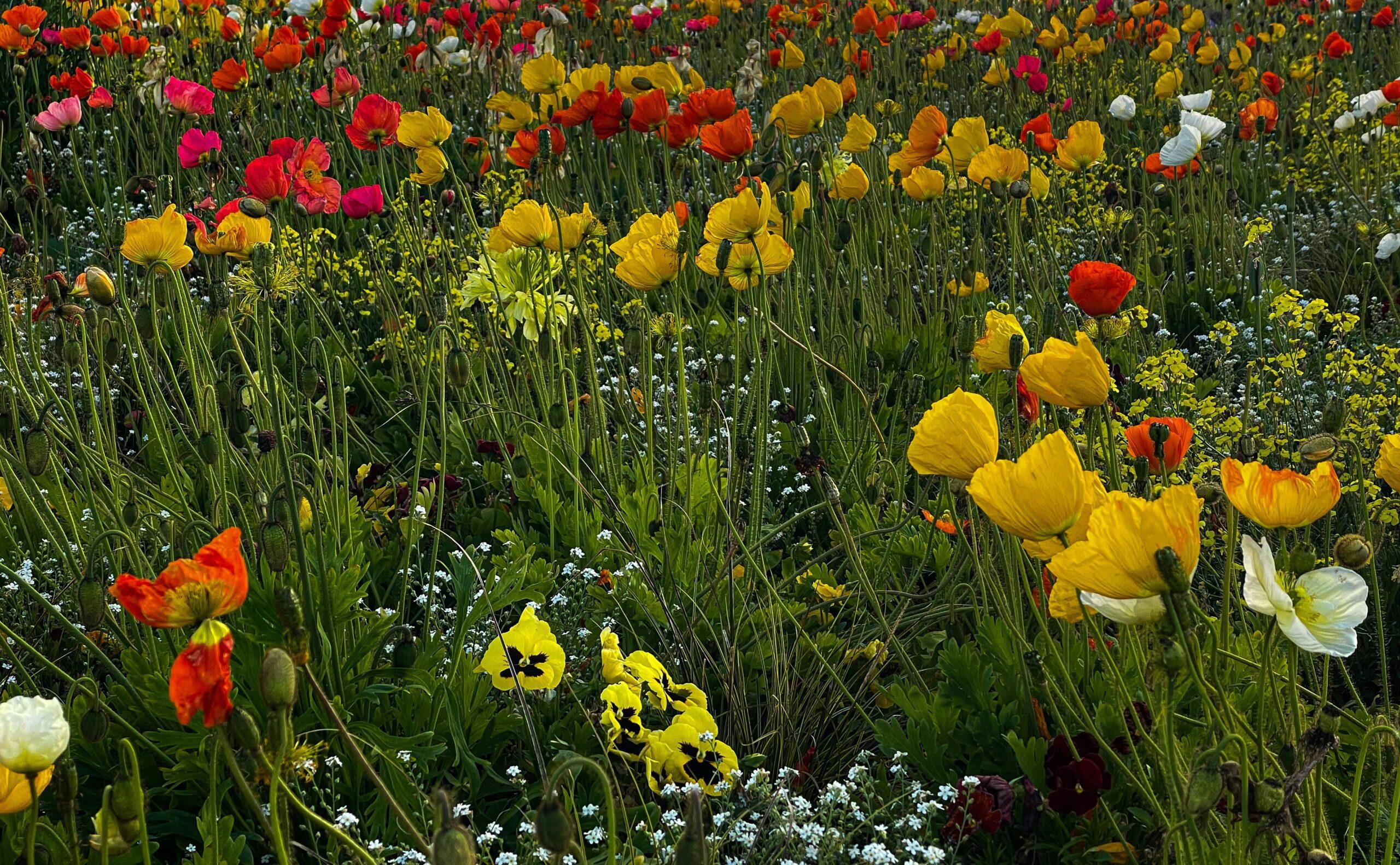
Optimist You: “But isn’t all farming ‘natural’?”
Grumpy Me: “Not even close. Picture a neon sign blinking ‘CHEMICALS AHEAD.'”
The Science Behind the Beauty
Organic flower farms prioritize biodiversity, using natural pest control methods instead of synthetic chemicals. This keeps ecosystems thriving—and ensures your gift smells as fresh as it looks.
How Do You Choose the Perfect Green Gift?
Picking the right green gift doesn’t have to feel like solving a Rubik’s Cube blindfolded. Here’s your cheat sheet:
- Look for certifications like USDA Organic or Rainforest Alliance.
- Check if the supplier sources locally (hello, reduced carbon footprint).
- Avoid overly processed packaging—think minimalism over excess.
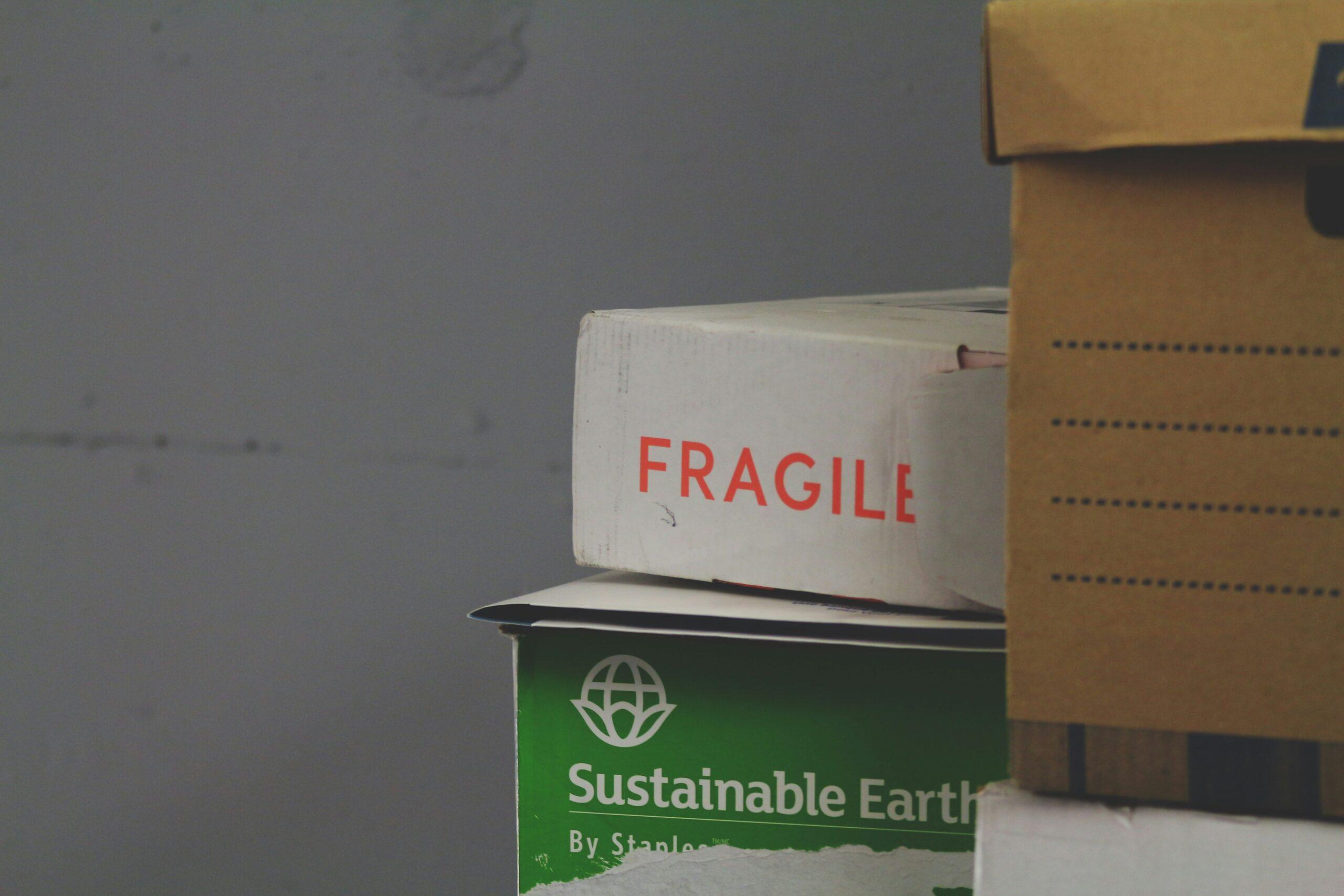
5 Tips for Buying Organic Flowers
- Research Your Seller: Not every company claiming “eco” lives up to its promises. Dig deeper!
- Ask Questions: Don’t hesitate to email the brand asking how their flowers are grown.
- Go Seasonal: Choosing blooms native to the season reduces environmental impact.
- Skip Preservatives: True organic flowers don’t need chemicals to stay fresh.
- DIY Your Arrangement: Bonus points for creativity—and zero waste.
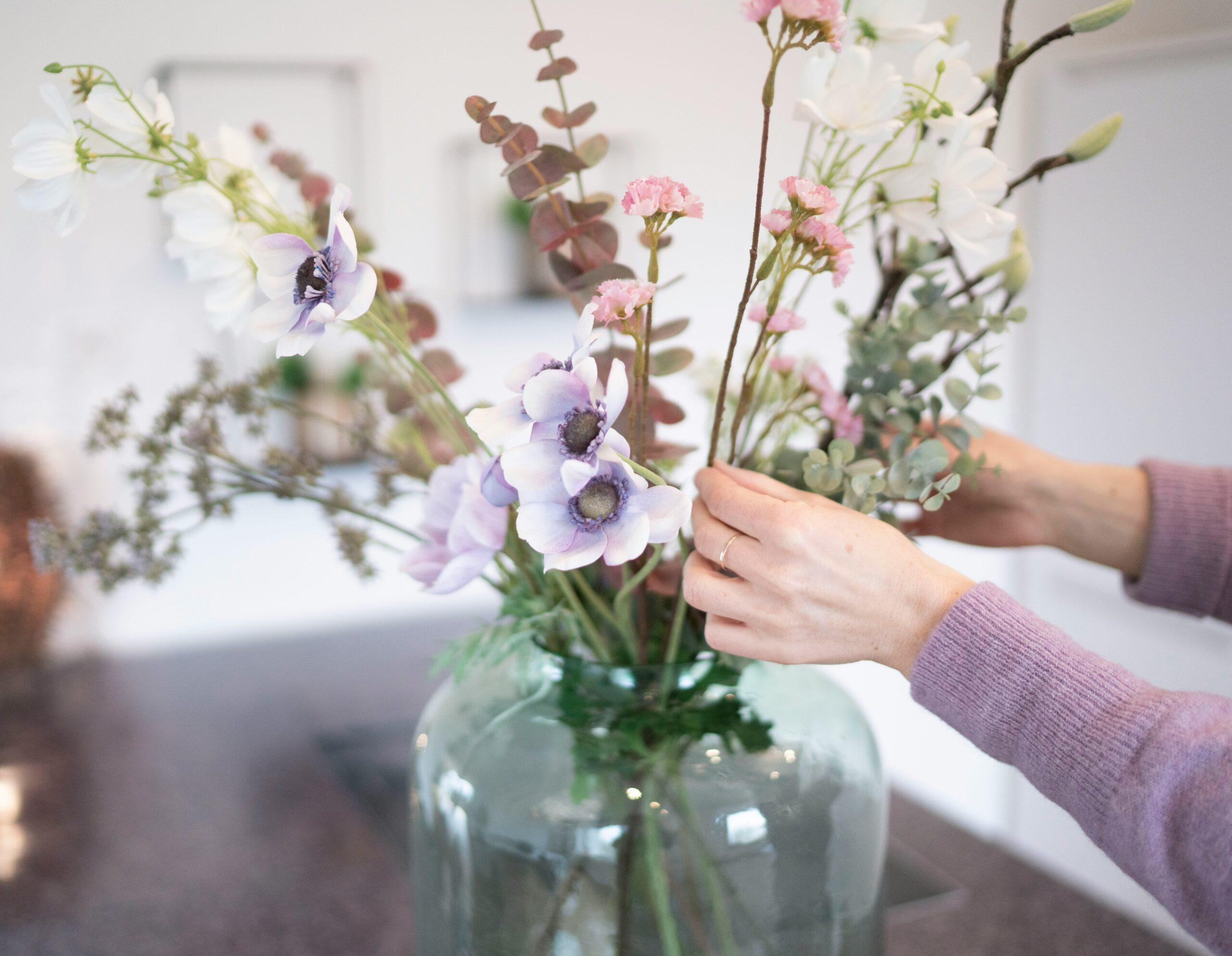
Case Study: Organic Flowers in Action
Let’s talk real-life magic. Last spring, Sarah gifted her best friend a subscription box filled with seasonal organic flowers. Her friend was so touched that she started documenting each delivery on Instagram—a ripple effect inspiring others to consider green gifts too. Sometimes, small actions spark big movements.
FAQs About Green Gifts
Are organic flowers more expensive?
Yes, but consider this: Would you rather pay $20 for something mass-produced or $40 for something meaningful and sustainable?
Where can I find certified organic flowers?
Local farmer’s markets, Etsy shops specializing in eco-friendly gifts, and websites like OrganicBouquet.com are great places to start.
Is there a downside to giving green gifts?
Nope—if done right. Just avoid those trendy “eco” items that aren’t actually eco. (Looking at you, bamboo-wrapped water bottles.)
Conclusion
Green gifts, especially organic flowers, combine beauty, meaning, and sustainability into one gorgeous package. Whether you’re celebrating a milestone or simply brightening someone’s day, choosing eco-conscious presents sends a powerful message: You care—for them and for the planet.
So next time you’re stuck on a gift idea, remember this: Go green. Opt for organic flowers. And watch your thoughtful gesture bloom into something extraordinary.
Now excuse me while I go sniff some lavender. 🌿
Like saving the world—one petal at a time—wasn’t already peak 2024 energy.
